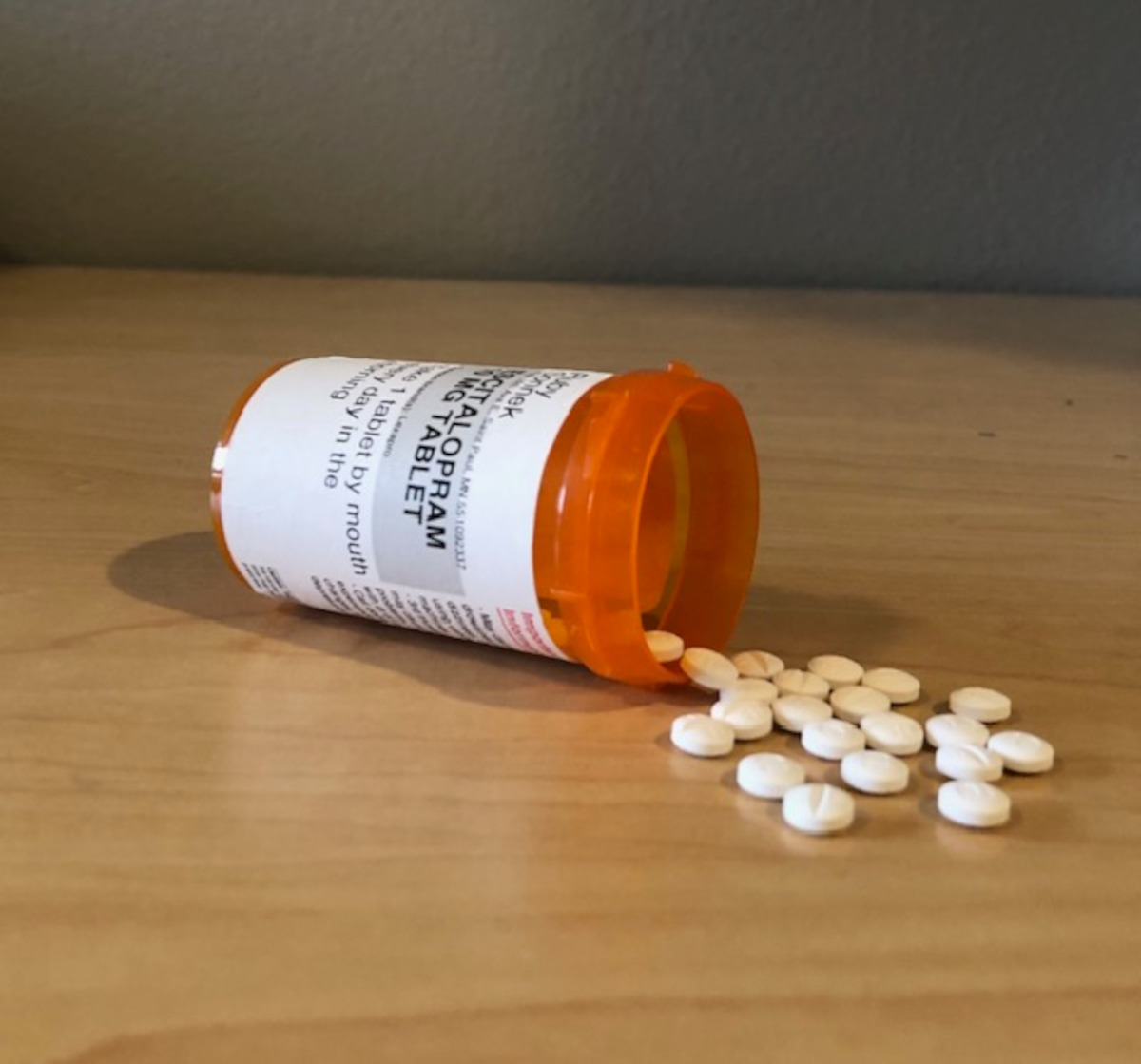I recently read Haley Zblewski’s piece in The Spectator from April 5 titled “The Benefits of Pesticides.” In honor of Earth Week, I would like to offer an alternate perspective. While I acknowledge Zblewski’s praise of a healthy diet, her praise of pesticides is rather misplaced.
As Zblewski states, more is definitely better when it comes to fruits, vegetables, and whole grains — organic or not. For students with tiny budgets, choosing these fiber- and nutrient-packed foods is an investment in our short and long-term health.
It’s also true that “organic” does not always equal “healthy.” Examples include organic chips, cookies, and candy, as well as many organic microwave entrées and processed foods.
With budget constraints, the time is ripe (pun intended) to ask ourselves: Is the nutritional quality of organic produce worth the premium price?
It turns out that there is more evidence to support pesticide-free produce than Zblewski’s single Time magazine anecdote would have us believe.
According to a 2011 study by Critical Reviews in Food Science & Nutrition, over 900 produce comparisons showed that organic varieties (particularly vegetables and legumes) contained a larger micronutrient content than their conventionally grown counterparts.
Also, many organic produce varieties exhibit higher antioxidant levels than their non-organic counterparts.
Nutrition aside, Zblewski’s editorial sorely lacks context — it fails to address the broad systems of power and influence that have come to characterize our
food systems.
Industrial agriculture, government-corporation partnerships, and massive PR campaigns are just a few of the forces that, whether we realize it or not, shape our opinions about what is “safe” to eat and drink.
It is important to realize that Monsanto, Cargill, and other deep-pocketed corporations’ continued profits depend on us believing exactly what Zblewski writes: that not only is continued pesticide use harmless, but that these toxic substances are actually good for us.
Pesticides have taken up residence in our waterways, they accumulate in the fish and animals we eat, and are passed on to newborns in alarming amounts through breast milk.
Systematic pesticide use is now linked to Colony Collapse Disorder (CCD), which threatens pollinator species, and by extension, our food supply.
The harmful effect of pesticide reliance hits close to home.
In her doctoral thesis, famous biologist and environmental writer Sandra Steingraber demonstrated that birth defects in Minnesota are more heavily concentrated in farming areas, and even more concentrated among these babies conceived in early spring (when pesticide levels are highest).
One of the most alarming facts about pesticides is that their effects have not been longitudinally tested — in other words, our knowledge of the long-term effects of
pesticide use is quite limited.
Our heavily subsidized agriculture system is stacked against small organic farmers, not just in the United States, but worldwide.
Current trade agreements kick local, sustainable food systems to the curb in favor of vast monocultures. Monoculture farming involves large-scale production of single crops; ironically, this method increases the need for heavy pesticide use and leaves our food supply even more susceptible to large-scale damage.
The answer? Genetically modified, pesticide-resistant crops — a method with even less longitudinal research to back it up.
Luckily, we still have an option: eating the way our grandparents ate. Organically grown food is certified free of synthetic pesticides and genetically modified organisms — and better for the environment, to boot.
I’ll stick with organic (when I can afford to).






